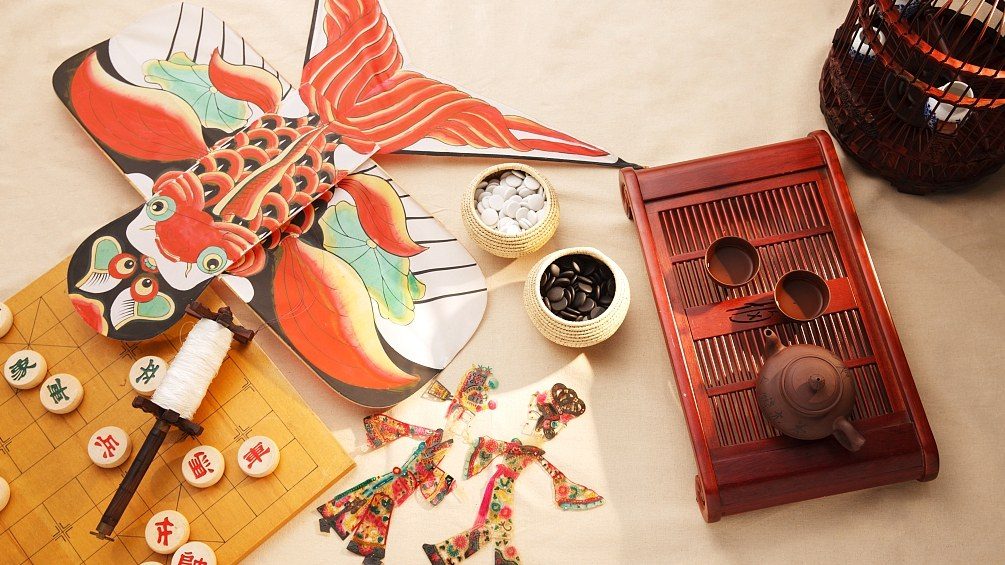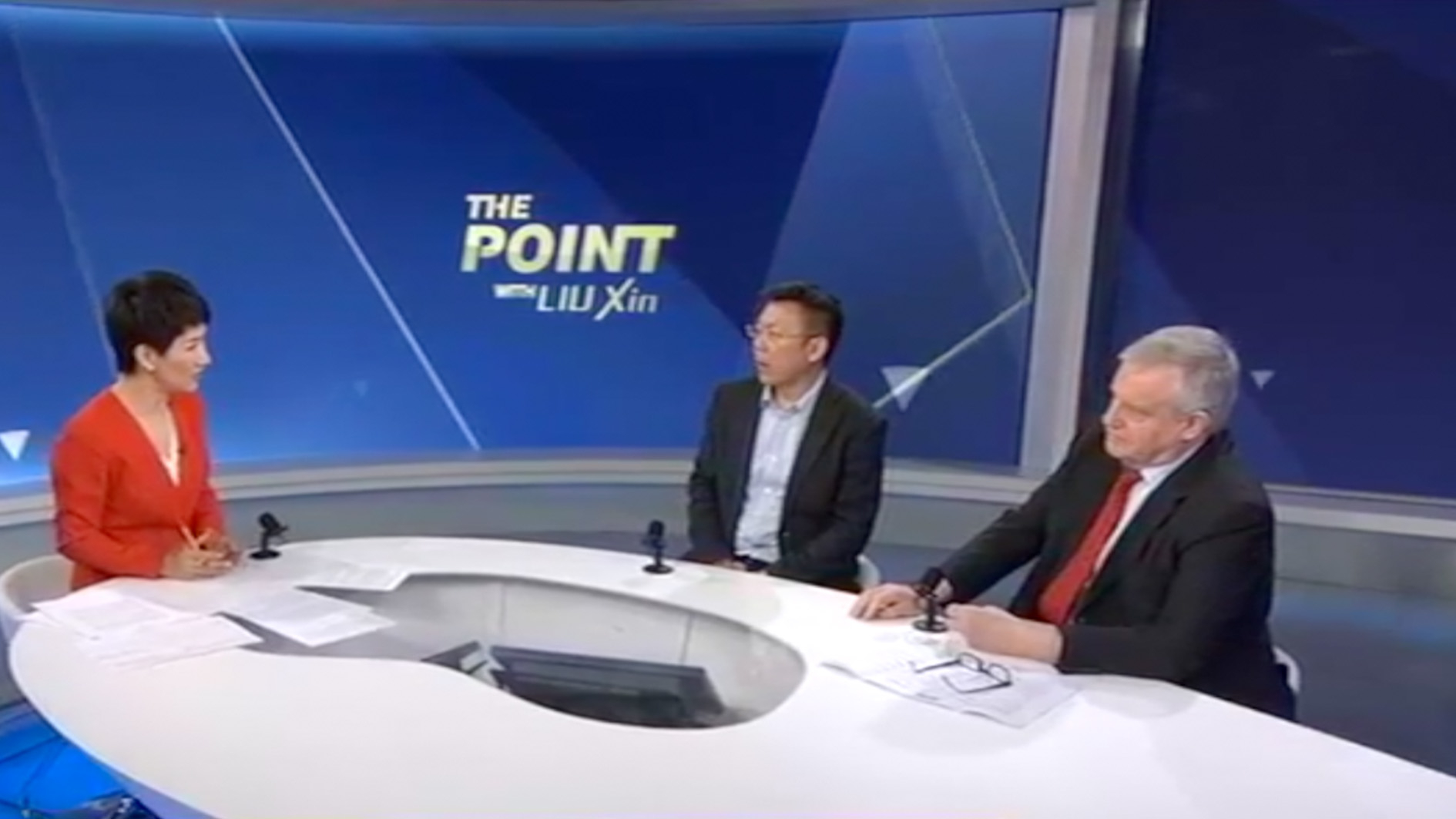
TV Show
21:49, 10-May-2019
Civilizations dialogue to prove 'clash' theory wrong
The Point with Liu Xin
00:53

As civilizations in Asia are gathering in China for dialogue to look at a historical perspective, observers say, the U.S.- led West is still harboring Cold War mentality.
Beijing will host the first-ever Conference on Dialogue of Asian Civilizations (CDAC) in mid to late May, two decades after former Iranian president Mohammad Khatami proposed such kind in response to "the clash of civilization," a hypothesis by Samuel Huntington, an American political scientist.
Huntington's theory suggests that people's cultural and religious identities will be the primary source of conflict in the post-Cold War world.
If the world were built on Huntington's theory, the future would be very "catastrophic", a political analyst Seyed Mostafa Khoshcheshm cited Iran's belief.
However, the U.S. has developed strategies based on such hypothesis, impeding regional powers from becoming a global one, Khoshcheshm continued. "They still believe in Huntington's theory, and whatever they do is in the same line."
A senior British diplomat in China echoed the Iranian arguments.
03:57

"The U.S. is promoting a 'clash of civilizations', which is totally wrong," said Alistair Michie, secretary general of British East Asia Council. "What China and Asia is promoting is dialogue of civilizations."
China has moved away from the cold war mentality, which is reflected in what the Trump administration is doing today, Michie added, referring to the U.S. looking at how to remain as the most powerful military and economy in the world.
The U.S. and some of its Western allies look at the dialogue as a way of containment, Khoshcheshm explained. "That's why many dialogue failed."
"If you are a large nation, you have a large international responsibility to bring countries together to solve differences through dialogue," said Xu Qingduo, a senior researcher at Pangoal Institution.
China has emphasized harmony despite diversity within Asia civilizations, Xu said.
Chinese President Xi Jinping proposed the civilizations dialogue when addressing the 2015 Boao Forum for Asia. In a UNESCO conference in 2014, Xi also called for global effort to boost exchanges and mutual learning from different civilizations to achieve harmonious coexistence.
All civilizations have their respective strengths and shortcomings, Xi noted, adding that there is no perfect civilization in the world, nor is there a civilization that is devoid of any merit.
The Chinese leadership has been consistent on rethinking humanity, Michie said. Beijing is introducing a "new foreign policy" which is about reaching to the world for dialogue among civilizations.
It is critically important to explain to the civilizations about mutual benefit, mutual respect and mutual learning amid rising nationalism, populism, and anti-globalization globally, he added.
Experience has proved to Asian civilizations that coexistence and trying to resolve differences would be the best possible way to guarantee a prosperous future and wealth for the entire world, Khoshcheshm said.
"Asians are able to solve their differences, working out some common identity and raising their voices through dialogue among Asian civilizations," Khoshcheshm concluded. "Then they could do the same in the world."
(If you want to contribute and have specific expertise, please contact us at opinions@cgtn.com.)

SITEMAP
Copyright © 2018 CGTN. Beijing ICP prepared NO.16065310-3
Copyright © 2018 CGTN. Beijing ICP prepared NO.16065310-3